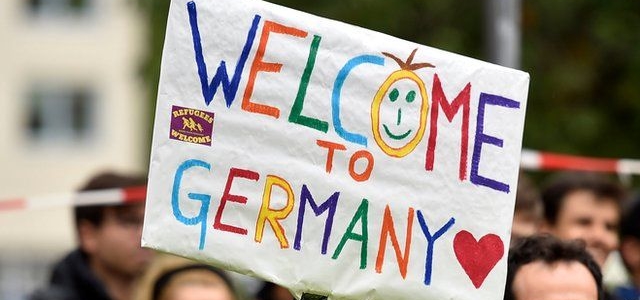This week, a paper co-authored by Maarten Kroesen and Caspar has been published in the open access journal PLOS ONE. The paper uses a combined Latent class-Markov modeling approach to study heterogeneity (across individuals) and changes (over time) in preferences of German citizens for sheltering refugees, a morally sensitive topic. The study was conceived by Professor Ulf Liebe from Warwick University, who also collected data, together with Dr. Jürgen Meyerhoff from TU Berlin. The contribution from the side of BEHAVE mostly concerned analyzing data using the above mentioned methodology, in which Maarten has special expertise. The study shows the potential of using sophisticated choice models in combination with data from discrete choice experiments, to explain and predict decision making behaviors in moral choice contexts.
A short abstract of the paper reads as follows: “Europe recently experienced a large influx of refugees, spurring much public debate about the admission and integration of refugees and migrants into society. This paper studies the acceptance of refugee and migrant homes in citizens’ vicinity and how it changes over time. Based on a repeated stated choice experiment on preferences for refugee and migrant homes, we show that the initially promoted “welcome culture” towards refugees in Germany was not reflected in the views of a majority of a sample of German citizens who rather disapproved refugee homes in their vicinity. Their preferences have not changed between November 2015, the peak of “welcome culture,” and November 2016, after political debates, media reporting and public discourse had shifted towards limiting admission of immigrants. A minority of one fifth of the sample population, who were initially rather approving of refugee and migrant homes being established in their vicinity, were more likely to change their preferences towards a rather disapproving position in 2016.”.
